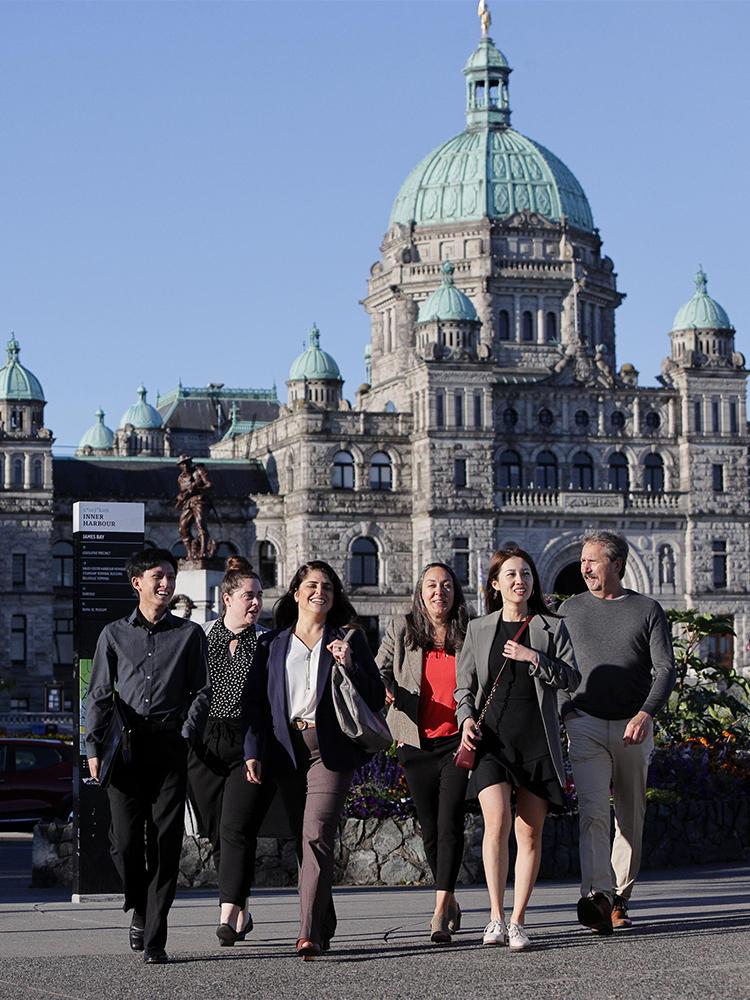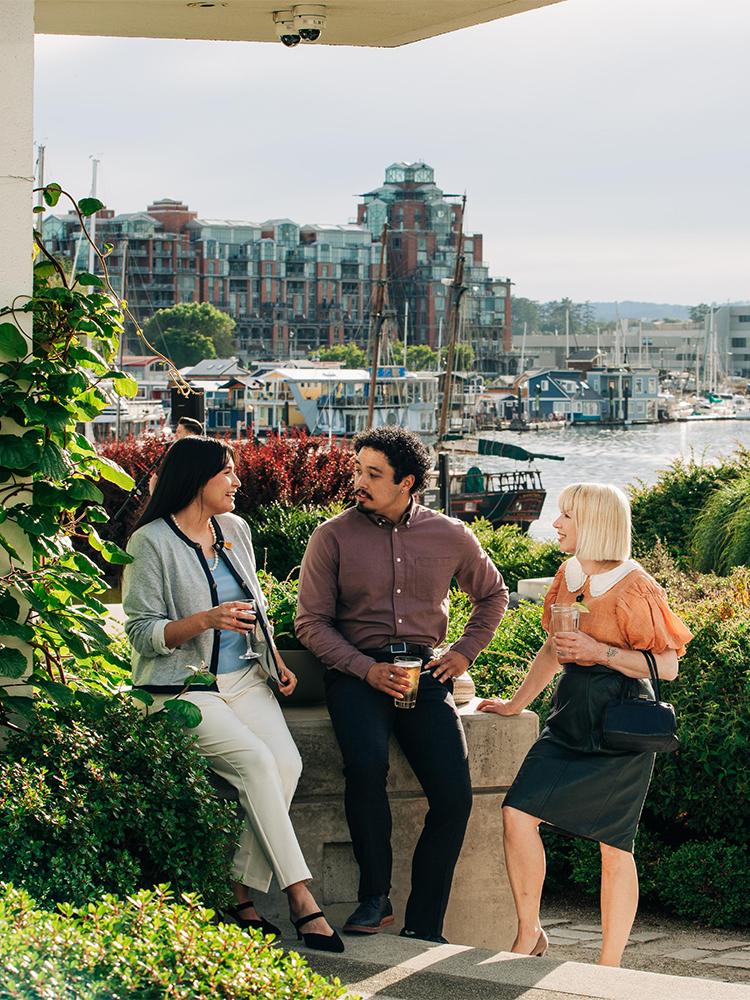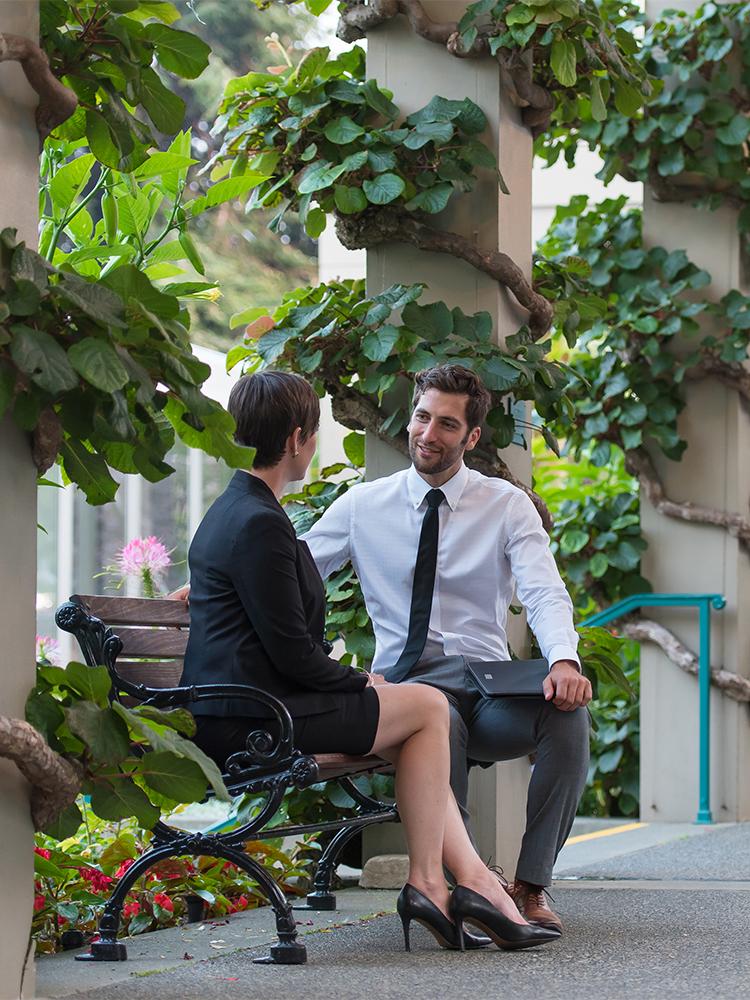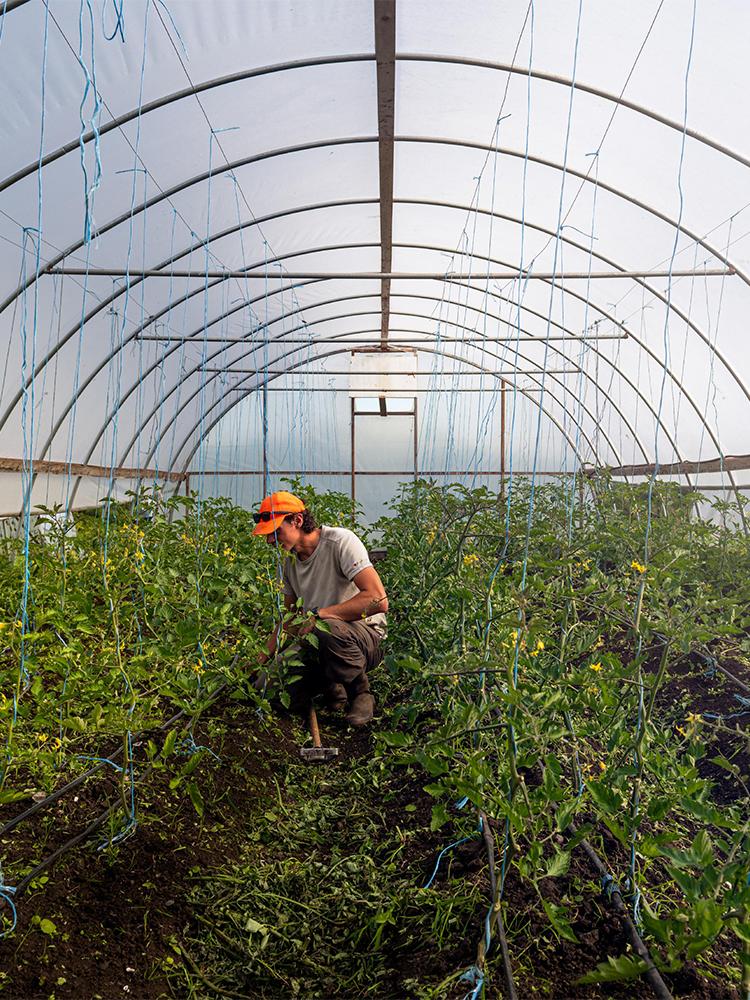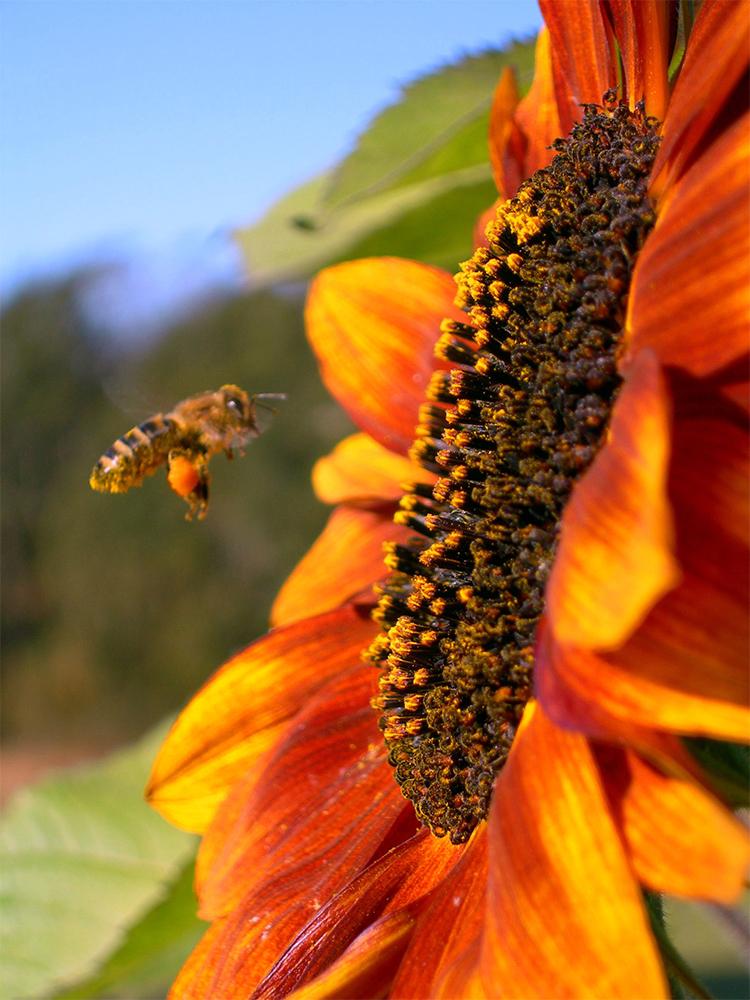Sign up and stay in touch
Select your newsletter:
Member sustainability resource hub
Welcome to the Destination Greater Victoria Member Sustainability Resource Hub. This hub serves as a critical resource for tourism businesses to access helpful and relevant information on environmental, economic, and social sustainability topics.
Video resources
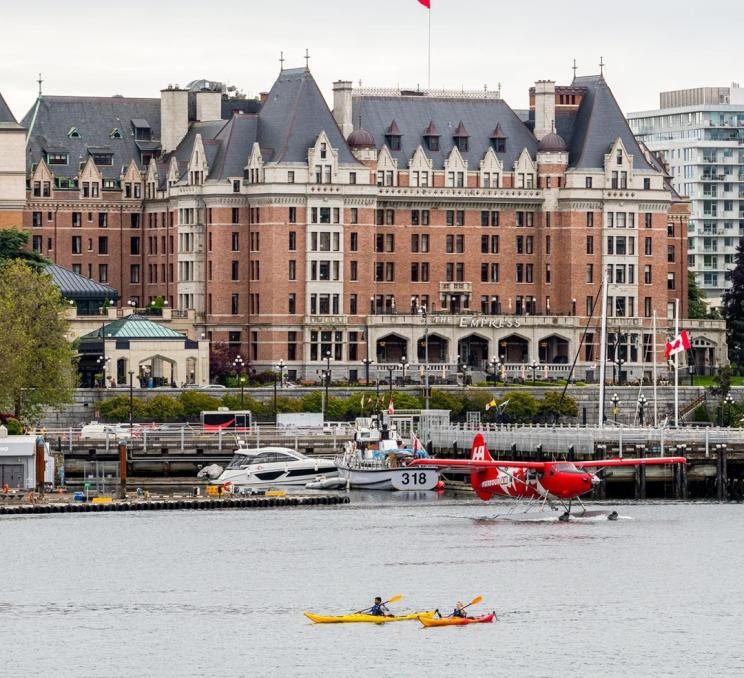
Carbon Literacy & Climate Solutions
This two-part webinar series, facilitated by Synergy Enterprises with Destination Greater Victoria, explores climate change impacts and solutions in tourism through local case studies. Part 1 covers topics such as sustainable practices and understanding key concepts like carbon neutrality. Part 2 highlights topics such as solutions including responsible sourcing and energy efficiency for empowering climate action.
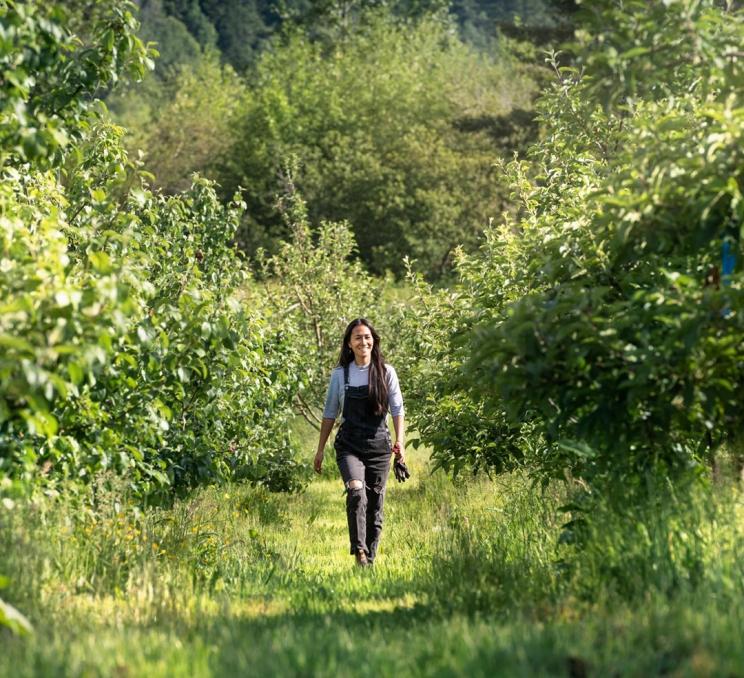
Destination Stewardship Series
Destination Greater Victoria's Destination Stewardship Series webinars, facilitated by Synergy Enterprises, guide attendees through topics such as drafting a sustainability policy and highlights its significance with practical steps and examples. In the series we also explore sustainable food systems in Victoria, featuring insights from industry experts on sourcing, production, and waste management in hotels and restaurants.

Human Trafficking Info Session
This virtual session, featuring Sandy Biback from MPAHT, provides an examination of human trafficking in Canada, and offers actionable steps for tourism and hospitality professionals. It aims to raise awareness and empower industry members to combat this critical issue.
Important web links
Our Sustainability Resource Hub offers a curated collection of web links to support members seeking guidance on sustainability topics. Topics include Waste Reduction, Climate Adaptation & Resilience, Funding Opportunities, Guidance on tracking and reducing GHG Emissions, and tools for advancing Equity, Diversity, Inclusion, and Accessibility (EDIA).
Funding Opportunities

ECO Canada
ECO Canada works with institutions and employers across Canada to fund work placements for students to gain real-world experience in the environment while they are still in school. Through this program, eligible employers can receive a subsidy of up to 50 - 70 per cent of a student's wage, up to a maximum of $5,000 - $7,000, when hiring in Science, Technology, Engineering, Art, Math (STEAM), and Business.
Learn moreWaste reduction
Discover essential resources for waste reduction, including the City’s Sustainable Takeout Guide for eco-friendly purchasing, Project Zero’s free waste audit tools to track and improve your diversion rates, and Surfrider Foundation Canada’s “Bye Bye Mini Bottles Resource” to help your business switch to refillable amenities. These tools empower Victoria’s businesses to minimize waste, lower costs, and lead in sustainability.
Climate adaptation, resilience, and mitigation
Vancity offers a comprehensive tracker and calculator workbook to help small and medium-sized businesses measure their greenhouse gas emissions and set reduction targets. Additionally, their three-part video series guides businesses through decarbonization strategies, emission measurement, and available funding opportunities. Through Project One of the BC Tourism Climate Resiliency Initiative (BCTCRI), Destination BC offers free, one-on-one support to tourism businesses looking to incorporate environmental sustainability or climate adaptation measures into their operations, strategy, and storytelling.
EDIA
Businesses can access a range of toolkits and training—such as BCOHRC resources and CCDI partner insights—to advance equity, diversity, inclusion, and accessibility (EDIA) by implementing practical strategies, forming EDI councils, and creating equitable workplaces. Additional programs, including the Inclusive Employers Hiring Hub for hiring persons with disabilities and EVA BC’s free TIPS training on preventing workplace harassment, empower organizations to foster safe, inclusive, and representative environments for all.
Local & Sustainable Food
Find key resources and partnerships to strengthen collaboration for a healthier, more sustainable regional food system. Engaging in these efforts improves access to fresh local food, reduce waste, build community resilience, and support learning around sustainable food practices.









